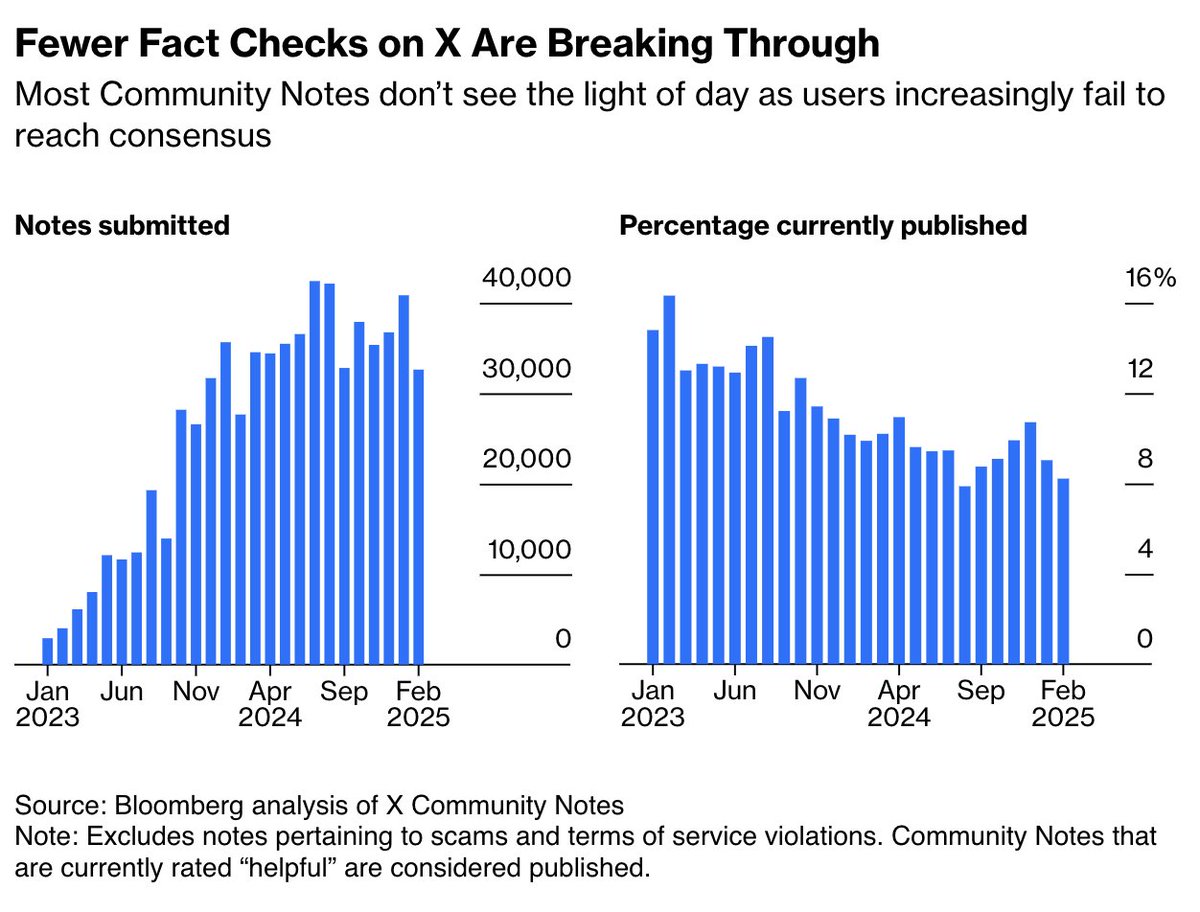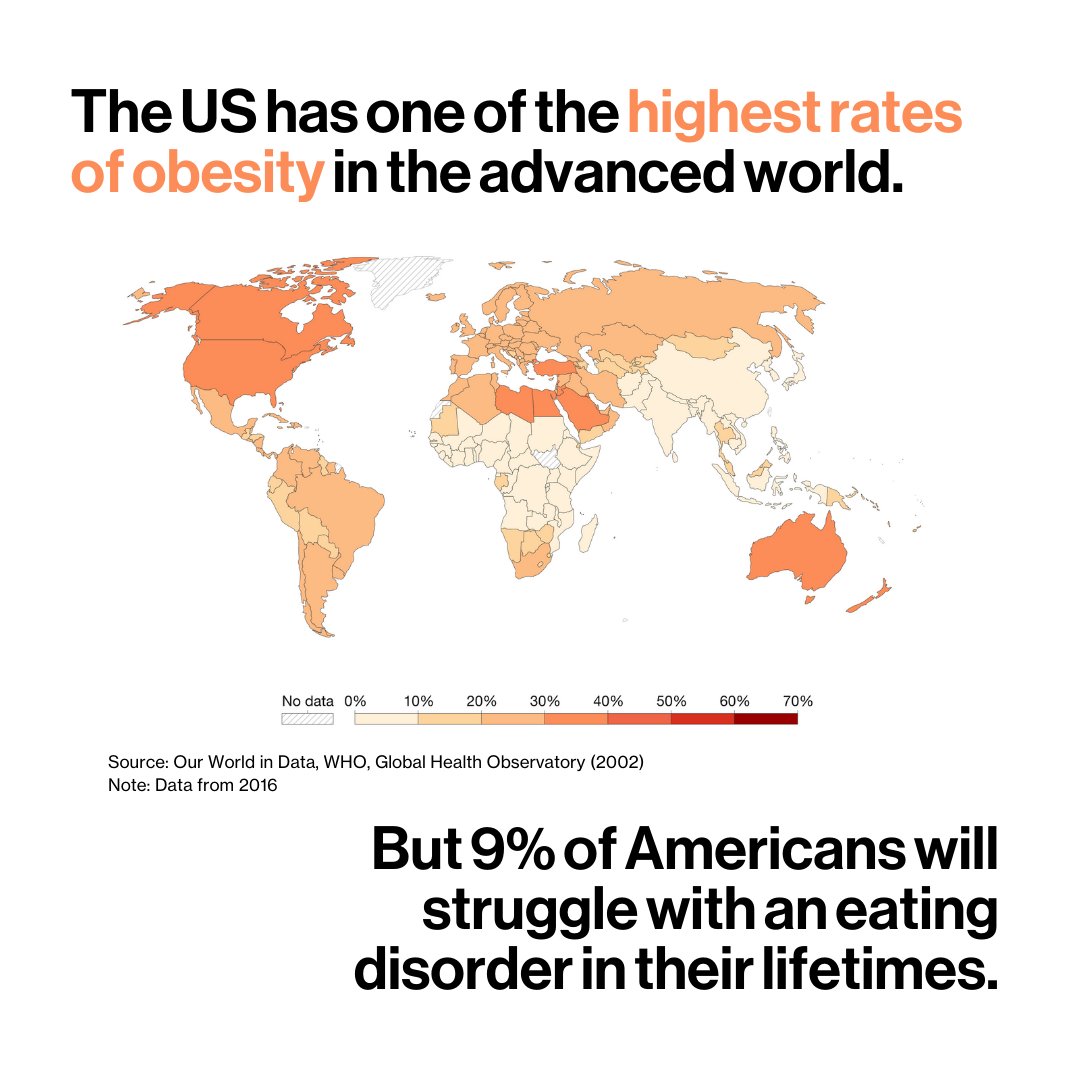Millennials spent their early adulthood dogged by:
💰Two large recessions
🏡Rising housing prices
🎓Exploding student debt
It's no wonder they're less likely, even as they approach 40, to be married or own a home trib.al/CdKePKO
💰Two large recessions
🏡Rising housing prices
🎓Exploding student debt
It's no wonder they're less likely, even as they approach 40, to be married or own a home trib.al/CdKePKO
In modern history, each generation has typically been richer than the last, and surprisingly, millennials aren't any different.
A closer look at the data and a more inclusive definition of wealth reveals this often-maligned group is doing quite well twitter.com/i/broadcasts/1…
A closer look at the data and a more inclusive definition of wealth reveals this often-maligned group is doing quite well twitter.com/i/broadcasts/1…
But comparing generations is hard.
Things are different since the baby boomers were young. Getting paid a decent salary and having stability now often requires some education or training beyond high school trib.al/CdKePKO
Things are different since the baby boomers were young. Getting paid a decent salary and having stability now often requires some education or training beyond high school trib.al/CdKePKO

For most, thriving in a career means living in a large metropolitan area that offers better job options and a network of talented peers that further your skill set.
Millennials also need to invest and save for themselves for retirement trib.al/CdKePKO
Millennials also need to invest and save for themselves for retirement trib.al/CdKePKO

It's debatable whether all these changes are positive. But when you consider them as a whole, millennials’ portfolios don’t look so bad.
They simply made choices in response to a new economy trib.al/CdKePKO
They simply made choices in response to a new economy trib.al/CdKePKO

Take the high levels of debt.
Millennials have almost twice as much debt as their parents did at their age. But this is mostly student debt, reflecting that they made an investment in their future earnings trib.al/CdKePKO
Millennials have almost twice as much debt as their parents did at their age. But this is mostly student debt, reflecting that they made an investment in their future earnings trib.al/CdKePKO

About 69% of millennials had some education beyond high school, compared with 54% of boomers.
True, millennials paid higher tuition than their parents. And salary premiums have fallen since the 80s. But that income has become more valuable trib.al/CdKePKO
True, millennials paid higher tuition than their parents. And salary premiums have fallen since the 80s. But that income has become more valuable trib.al/CdKePKO

An asset that pays predictable income each year is very valuable.
So when you account for less risk and more stability, a millennial’s reliable $1 wage in 2021 is worth more than an erratic boomer wage in 1991 that might swing from 50 cents to $1.50 trib.al/CdKePKO
So when you account for less risk and more stability, a millennial’s reliable $1 wage in 2021 is worth more than an erratic boomer wage in 1991 that might swing from 50 cents to $1.50 trib.al/CdKePKO

Education has contributed to that stability.
The more education you have, the shorter, less frequent periods of unemployment you face. In this new world, investing in yourself is often the smartest investment you can make trib.al/CdKePKO
The more education you have, the shorter, less frequent periods of unemployment you face. In this new world, investing in yourself is often the smartest investment you can make trib.al/CdKePKO

It's also true millennials are less likely to own a home: 48% of 26- to 39-year-olds are homeowners today compared with 52% in 1989, and home prices are much higher.
But that also reflects some reasonable choices trib.al/CdKePKO
But that also reflects some reasonable choices trib.al/CdKePKO

Pre-pandemic, higher wages and better skills development were found in urban areas.
These places have higher home prices. If you live somewhere you can’t afford to buy a home, it might be because you live somewhere that puts your career on a fast track trib.al/CdKePKO
These places have higher home prices. If you live somewhere you can’t afford to buy a home, it might be because you live somewhere that puts your career on a fast track trib.al/CdKePKO

Millennials may have more debt, but they also have about 25% more financial assets than their parents did at their age, in part because of retirement accounts.
86% of millennials have some kind retirement plan, compared with 73% of boomers at their age trib.al/CdKePKO
86% of millennials have some kind retirement plan, compared with 73% of boomers at their age trib.al/CdKePKO

The world has changed since the 1980s.
Investing in your skills and in financial assets for your retirement may simply make more sense than owning a house because getting ahead requires more education and living in a city trib.al/CdKePKO
Investing in your skills and in financial assets for your retirement may simply make more sense than owning a house because getting ahead requires more education and living in a city trib.al/CdKePKO

• • •
Missing some Tweet in this thread? You can try to
force a refresh














